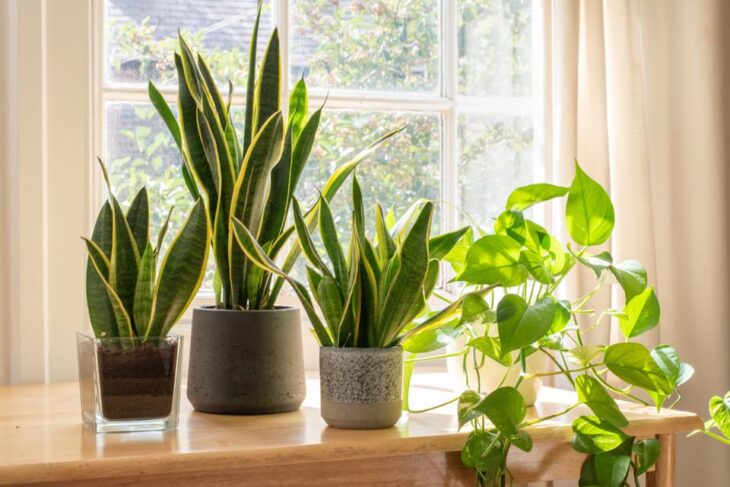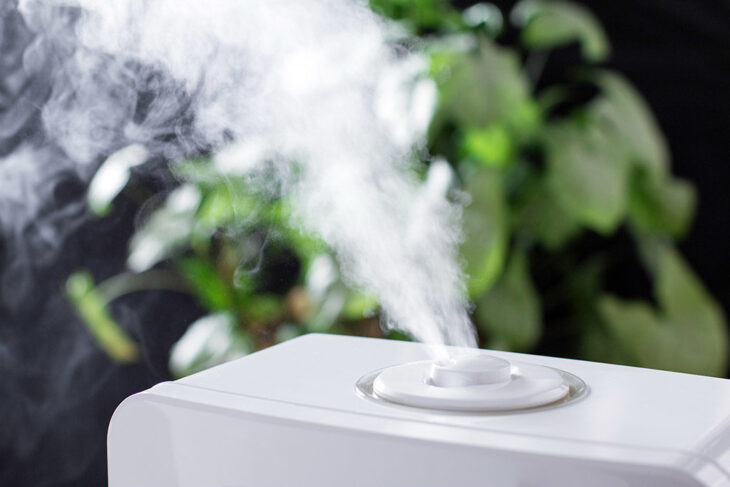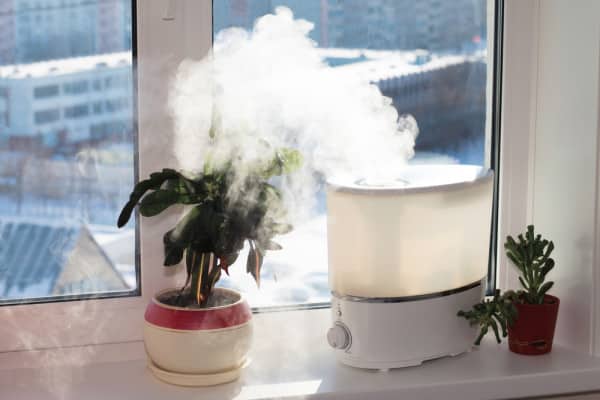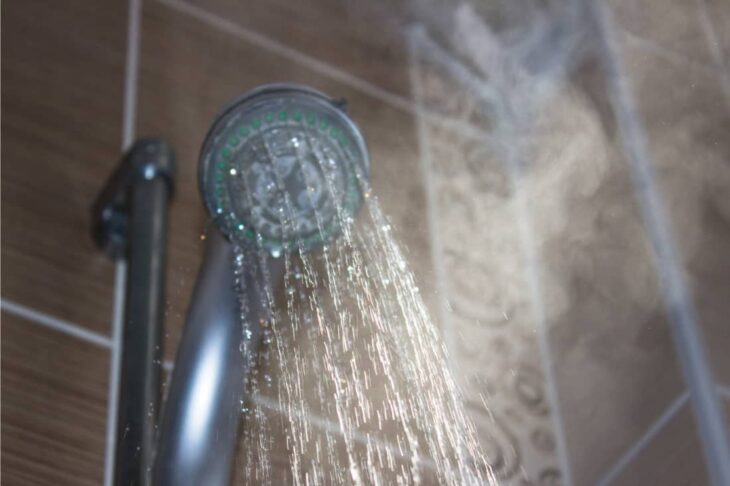There’s a lot of debate about what the best indoor humidity level in winter is. Some say it should be 30% to 40%, while others say that 45% to 55% will make you feel more comfortable. The truth is, there are many factors that can affect how dry or humid your home feels, including outdoor temperatures and wind speed. It’s important to know when the air inside your home starts feeling too dry for comfort because this could lead to health problems like respiratory infections and asthma when combined with other factors such as high pollution levels outside or poor heating systems indoors. You should consult a reliable source like Paradise Developments to determine the humidity level of your house.
Contents
What Is A Good Indoor Humidity Level in Winter?
There are various concerns, opinions, and recommendations when it comes to indoor humidity levels in winter. Some say that a low level of around 30-40% is good for health. However, there is no specific number that can be considered “the perfect” value because other factors besides relative humidity determine how healthy or comfortable the air is.
The lowest relative humidity level that most homes can handle in winter without feeling uncomfortable is between 30% and 40%. This value is related to an indoor temperature of around 20-22 °C (68-72 °F). However, if you set your thermostat to a higher temperature, it will be possible to maintain a good indoor humidity level.
The relative humidity levels that are considered healthy for most people range between 40% and 60%. The problem with these values is that they can cause problems, mainly related to the growth of mold or dust mites. If you want your home to be in optimal condition in the winter, choosing an indoor humidity level of 50% or between 40% and 60% is best.
If you want to know the relative humidity levels in your home, all you have to do is purchase a hygrometer. This device will help you determine not only the relative humidity but also the absolute moisture content. However, knowing the humidity level isn’t enough to ensure you are comfortable at home when it comes to winter. You should also consider other factors such as temperature, air movement, and the existence of any water leaks in your home because they can contribute to improving or worsening the indoor comfort conditions.
What Are The Ways To Improve Humidity Level In Winter?
Below are the ways to improve humidity levels in winter:
-
Invest in More Indoor Plants

Source: forbes.com
Invest in more indoor plants. Plants are known to help keep the humidity level up, so this is definitely one way you can go about improving your levels during the winter months.
-
Using the Dryer

Source: appliancesonline.com.au
If you are using your dryer, then set it to air fluff or no heat. This will allow moisture within the dry clothes to be added back into the air without causing harm to anyone by making them feel hotter in the wintertime.
-
Humidifiers and Dehumidifiers

Source: hargraveheating.com
You can also invest in a humidifier/dehumidifier for your home. This will help the air feel less dry and more comfortable to breathe so you can be healthier throughout the wintertime.
-
Set Out Vase or Pan With Water

Source: joplins.net
The easiest way to add humidity is to set out a vase or pan with warm water and fill it up about every three days. This adds moisture into the air but does not necessarily keep your plants wet. A saucer under potted houseplants will catch excess water that drains from the soil, which can help prevent overwatering of your plants.
-
Use Shower Steam

Source: Pinterest.com
Shower steam can be very effective in increasing humidity levels. Just simply run a regular shower and wait until the bathroom fills up with misty air. Let it sit for about 20 minutes before you step foot back inside to get maximum moisture!
-
Go To A Steam Room

Source: medicalnewstoday.com
Steam rooms are an excellent way to boost humidity levels. Just make sure you bring water and stay hydrated! The humidity in the air will typically range from 40-60%. This is much higher than typical indoor humidity, so be extra careful.
Importance of Keeping The Right Humidity Level
Keeping the right humidity level is important for a number of reasons.
- It can help you keep your skin and hair healthy by avoiding dryness. As well, if you experience winter cold symptoms such as a sore throat or stuffy nose, then maintaining appropriate levels of moisture can help mitigate that.
- Proper humidity levels can help you sleep at night. Moist air is lighter than dry air, so it will allow your body to breathe more easily and avoid a static electricity build-up that might wake you during the night.
- Humidity helps keep your home comfortable by making sure there isn’t too much of a temperature difference between indoors and outdoors.
- It can help you avoid allergies since humid air is less likely to cause irritation or other allergic reactions.
Conclusion
The above points make it clear as to why you should maintain the right humidity level in your home. Make sure to regularly check it to ensure that you have a healthy and hygienic house.
